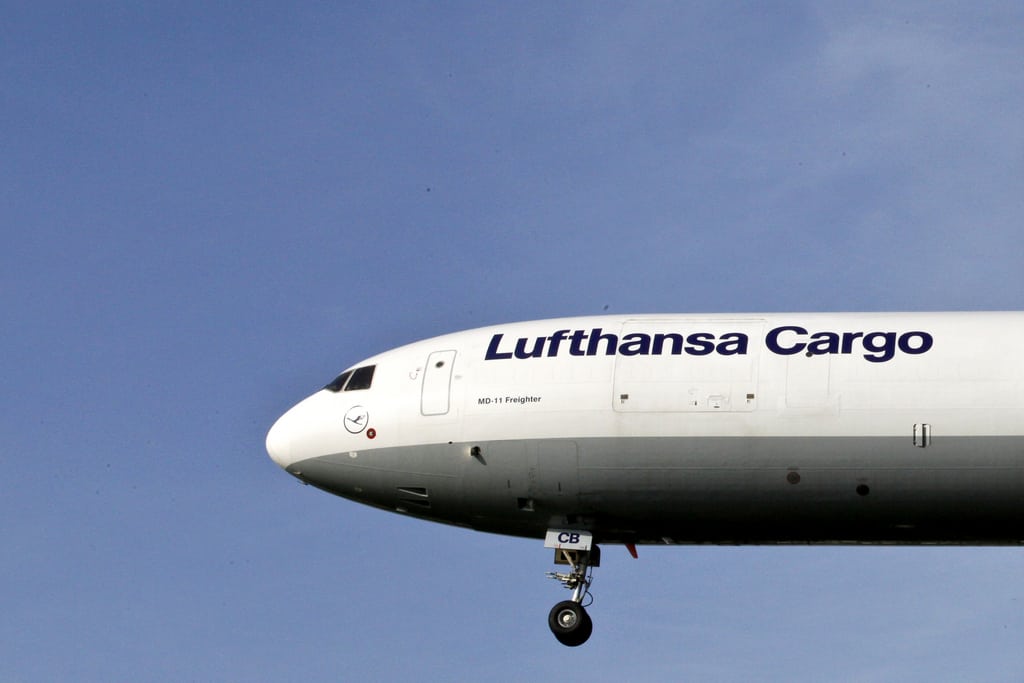When Airlines Worry More About Cargo Than They Do About Passengers

Skift Take
We're waiting for the flight attendant caught on tape warning a customer that he can easily be replace with a quiet block of much more valuable cargo.
If, when you fly, you have the feeling that you are being treated like cargo, you’re wrong.
The cargo is treated like cargo—and cargo is nice to airlines. Cargo doesn’t quibble about crowded conditions or expect special treatment. Cargo doesn’t get rowdy and problematic in-flight. Cargo doesn’t require cabin crew to cater to its needs. Most importantly, cargo pays well.
It represents between 15%-20% of the average airline’s earnings. Though that may not seem a lot, once a flight covers its costs with passenger capacity, any income from cargo goes to profits. Unlike more fare-sensitive passengers, cargo customers will pay a premium for the expedited and flexible point-to-point service afforded by an airline’s network.
Several factors affect just how much cargo an airline can fit on board: the type of aircraft, that aircraft’s tonnage capacity and available hold space, the weight of the fuel required for the flihgt and the space taken up by extra fuel storage, the weight of the mail the airline is committed to carry, and our luggage. Airlines ensure there’s weight capacity available for that profitable cargo by reducing the constant: the fixed weight load the aircraft with all its components and by managing luggage allowances.
Fuel consumption is more about efficiency than weight alone.
Fuel is very costly for airlines, but even reducing the weight of components on older aircraft to the bare minimum yields marginal benefits compared to newer aircraft models. A lighter plane reduces fuel consumption, but the best way to reduce fuel costs is to buy newer more efficient aircraft which suit the airline’s capacity needs for passengers and cargo.
Take what Airbus says of its new A350XWB:
“Airbus’ highly-efficient A350 XWB is designed to enhance revenue potential for operators in all market segments. In addition to a high-capacity cabin that maximizes passenger revenue, the A350 XWB’s lower deck provides ample space for baggage and money-generating cargo.”
Airbus also details how the aircraft accommodates both passengers:.
“The A350 XWB Family’s longest-fuselage member – the A350-1000 – can tr
